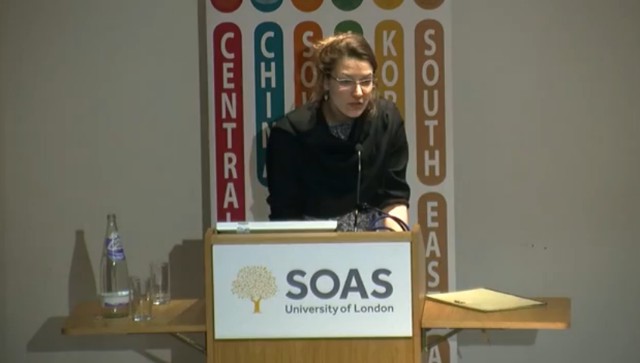 15th Jaina Studies Workshop
15th Jaina Studies Workshop
Date: 22 March 2013 Time: 9:00 AM
Finished: 22 March 2013 Time: 5:00 PM
Venue: Brunei Gallery Room: Brunei Gallery Lecture Theatre
Lecturer:

Abstract:
Late Jain treatises about theory of knowledge essentially deal with the following question: how to gain new knowledge? In the field of argumentation, this task is generally handled by an inference (anumāṇa), the means by which one might gain a piece of knowledge of the form 'x is A' from both knowledge of 'x is B' and knowledge about the relation of universal concomitance (vyāpti) between A and B.
Now, while Buddhist and Naiyāyika theories of inference are well documented, Jain ones still call for further explanations. In his Parīkṣāmukham, Introduction to philosophical investigation, the Digambara master Māṇikyanandi (eight century AD) grants five main types of universal concomitance, namely inherence, co-presence, causality, succession and essence. Since the answer to the question 'given an epistemic situation and a universal concomitance, is one justified to draw an inference?' differs for each type of universal concomitance, Māṇikyanandi offers for each type an extensive picture of the situations from which a correct inference is to be drawn. From a study of Mānikyanandi's text, the objective of this talk is to understand some specificities of late Jain theories of inference and to compare them with Buddhist ones, especially the ones developed in the tradition of Dharmakīrti.
Video:

 Dr. Marie-Hélène Gorisse
Dr. Marie-Hélène Gorisse